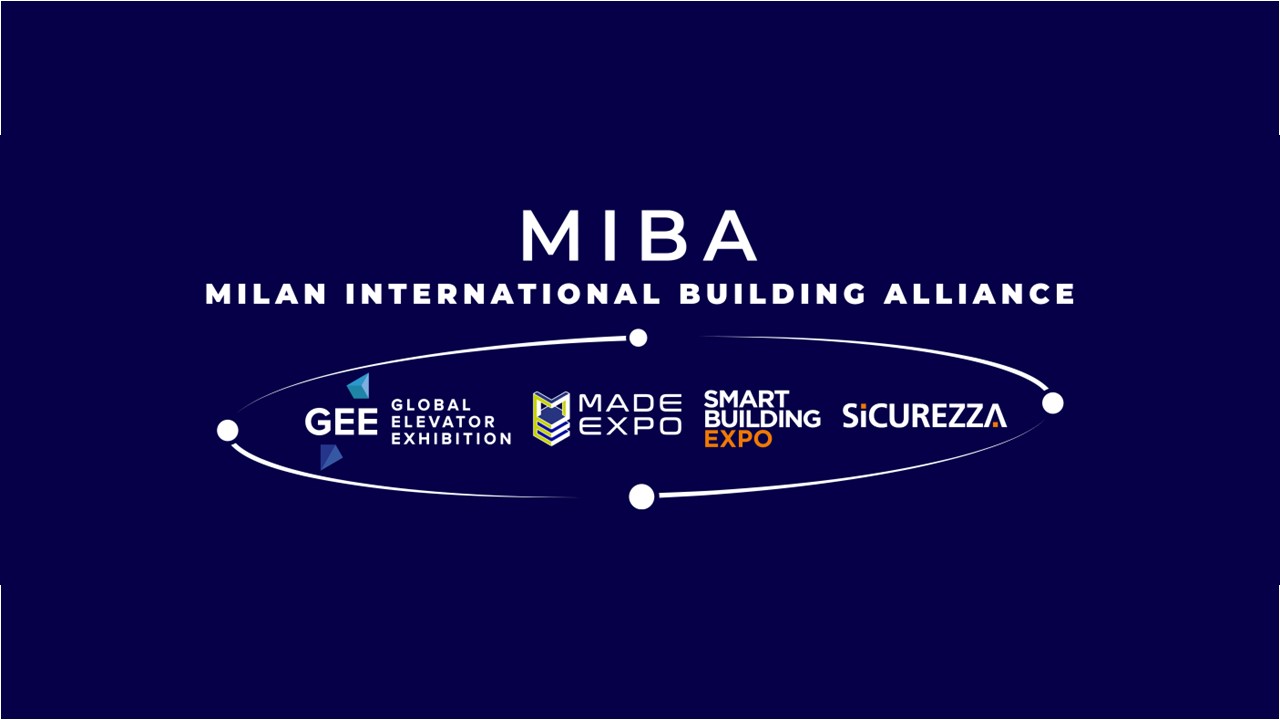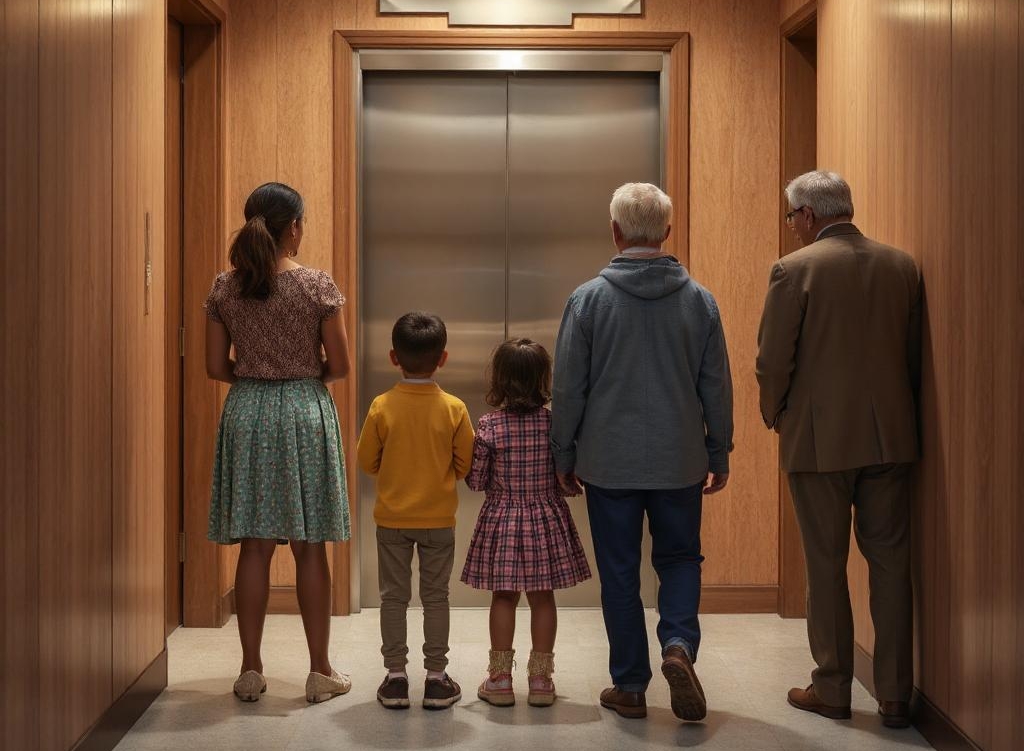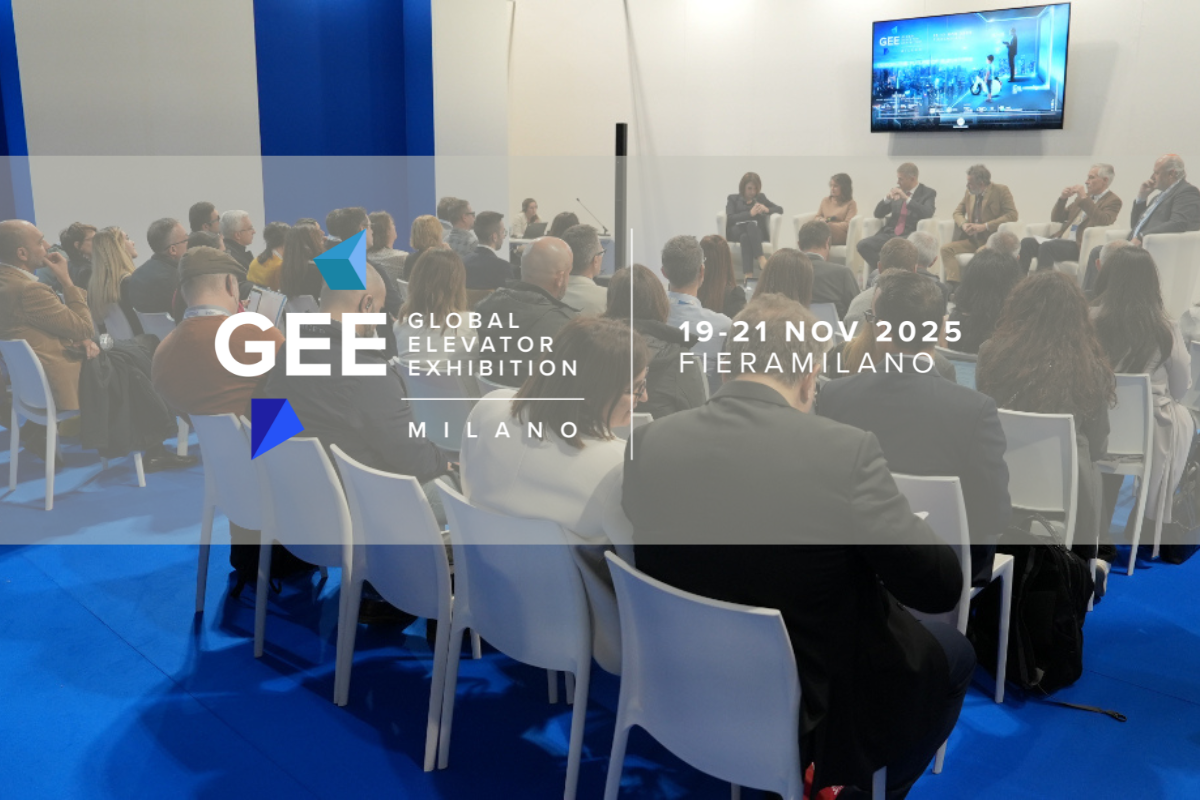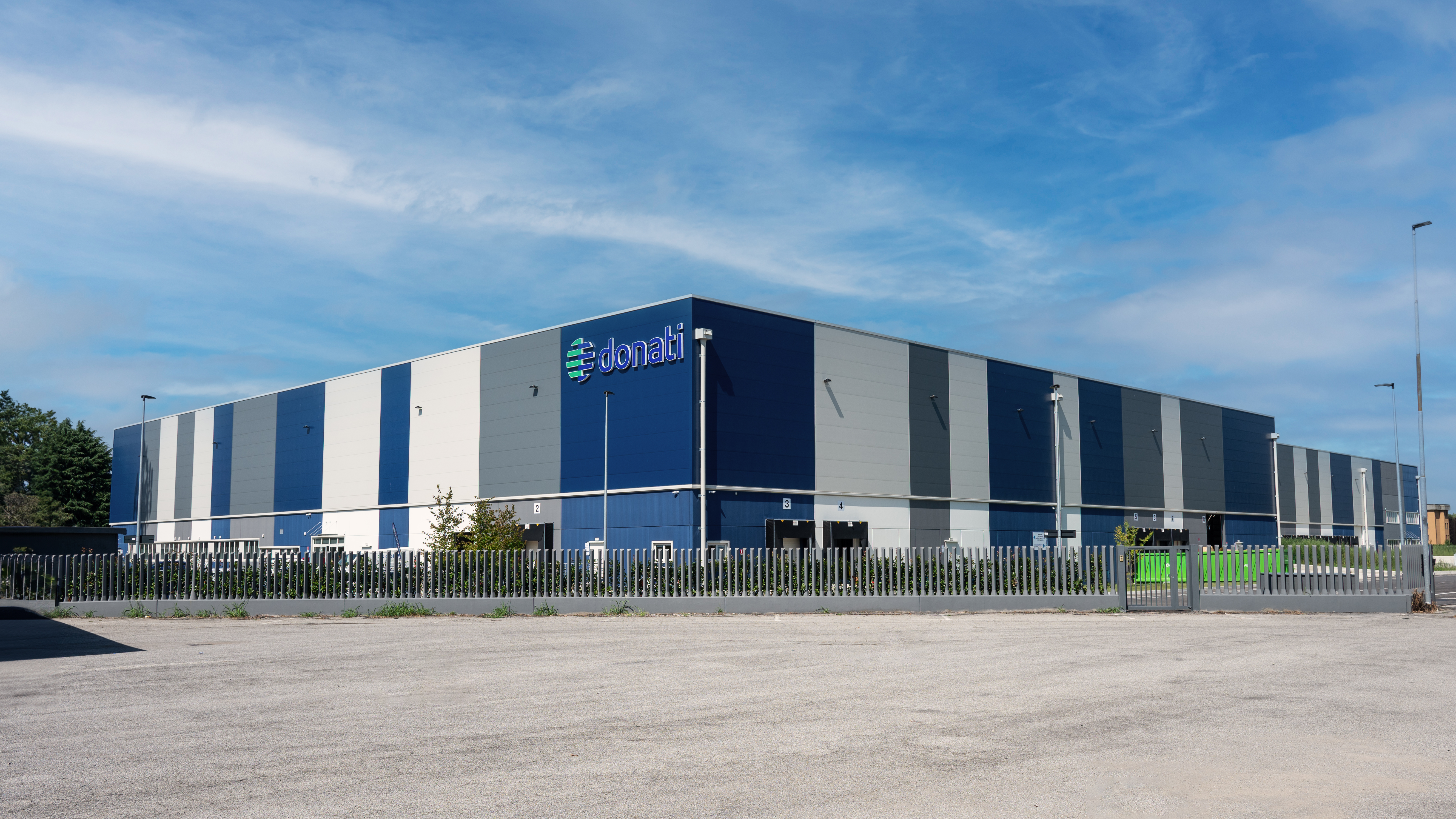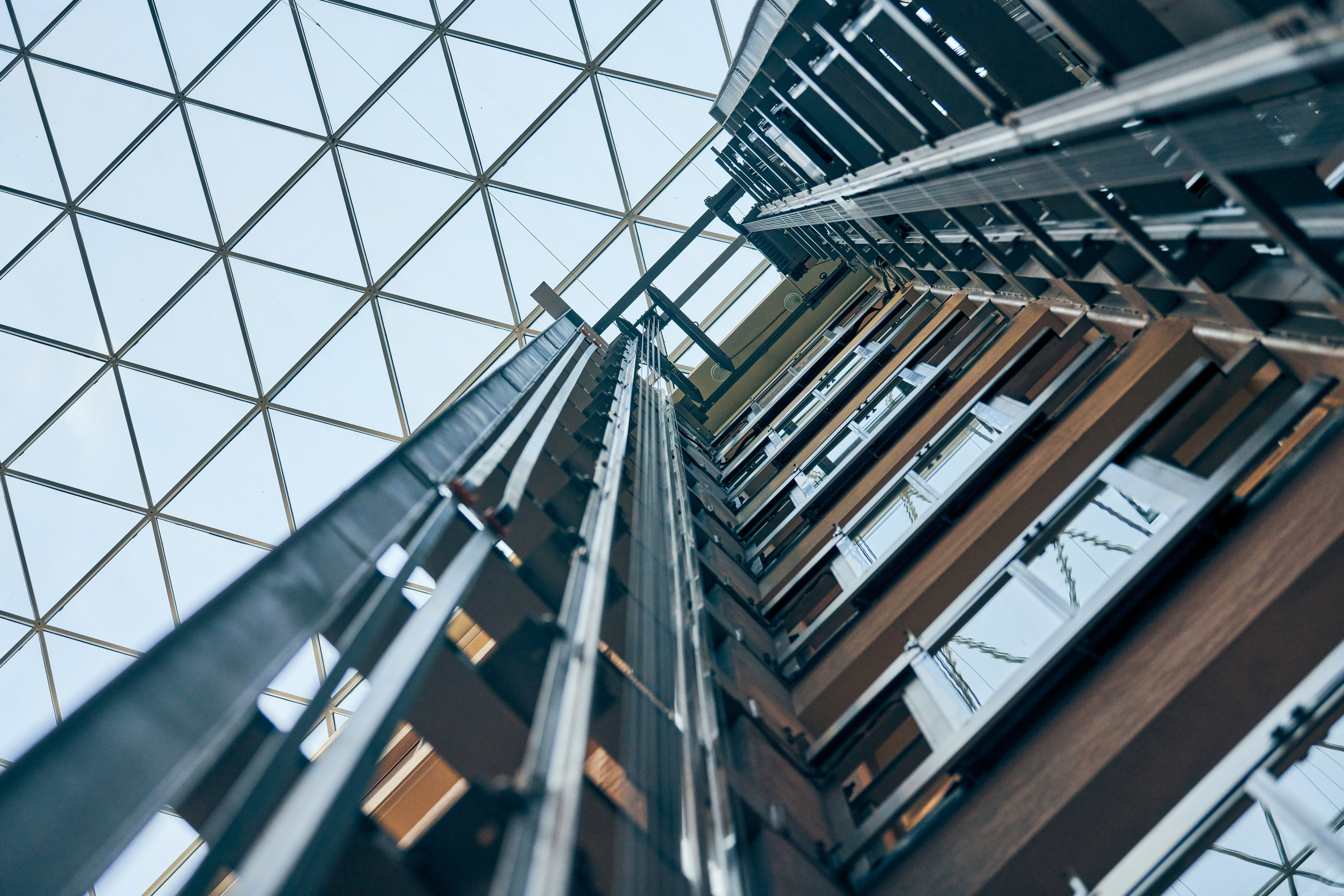Like various other sectors, the lift industry has displayed its evolution towards system efficiency, aiming for resource optimisation, accessibility, and environmental sustainability, which can be seen in the components and the end product. In the realm of vertical and horizontal mobility, technological advancements and new digital processes are crucial. Therefore, this industry is moving towards more intelligent, adaptable, and personalised solutions, designed to precisely meet user requirements and streamline maintenance duties for operators.
“The impact of digital innovation on people's lifestyles is evident, and this transformation has unmistakably influenced the installation, maintenance and use of lifts.”, explains Daniele Pavan, Technical Director & Quality Manager at TK Elevator. “Hence, it becomes crucial to shift the focus from reactive maintenance to prevention maintenance. This shift ensures cost containment and enhances user safety by continuously monitoring elevator performance. Additionally, emphasising two-way communication expedites and facilitates interventions, for instance, through video calls. Lastly, AI-driven customisation enables the product to adapt to user habits, resulting in more efficient and personalized use”.
“Our sector is progressing into IoT technology: remote connectivity and monitoring become distinguishing features of all new product categories”, highlights Emanuele Emiliani from DMG. Therefore, it's imperative to reconsider components—from gearless lifting motors to technologically advanced switchboards for remote control, even designer pushbuttons—in a more intelligent manner. This approach aims to streamline not only service modernisation but also maintenance, along with enhancing interaction between users and operators.
In Italy, it's crucial to consider modernisation. With more than one million lift systems and at least 50% of buildings dating back to the 1970s, many companies are focusing not only on existing systems but also those not recently constructed. This highlights the rising need for adaptable, personalised and innovative products suitable for various structures. “We live in a country”, states Massimo Santambrogio, CEO of SICOR, “where renovation is highly demanded. As lift motor manufacturers, we have introduced a dedicated motor designed explicitly for modernisation”.
Within Italy and Europe, there exists a pressing need for the renovation of buildings. In this context, solutions that can be adapted and customised are crucial for tailored modifications, particularly in private settings where space constraints are prevalent.
When considering the final product, the primary emphasis should consistently centre around the passenger’s experience. As highlighted by Alessandro Roversi, Schindler's Sales Manager, “the objective is for the passenger to move through the building in a more personalised way”. The elevator evolves into a more interactive and flexible space, and cabins are enriched with multimedia screens, LEDs, and control applications.
“We provide comprehensive elevator solutions”, remarks Patrice Arnoult, Managing Director of SODIMAS, “inclusive of integrated structures featuring innovative spatial solutions, such as more compact cabins, customised to diverse needs. Additionally, we offer complete modernisation packages and spare parts”.
Christina Kotikosta, Deputy Strategy & CX Director at KLEEMANN HELLAS, further highlights the potential of AI and IoT systems in streamlining equipment management and monitoring processes, with the use of specialised portals and lift testers.
As a result of digitisation, the final product undergoes a shift towards efficiency, by ensuring enhanced structural control and reduced intervention times and costs. This transformation focuses on the user, who remains central in any upgrade or modernisation solution, with an emphasis on the inclusivity and accessibility of the installed products.
|
